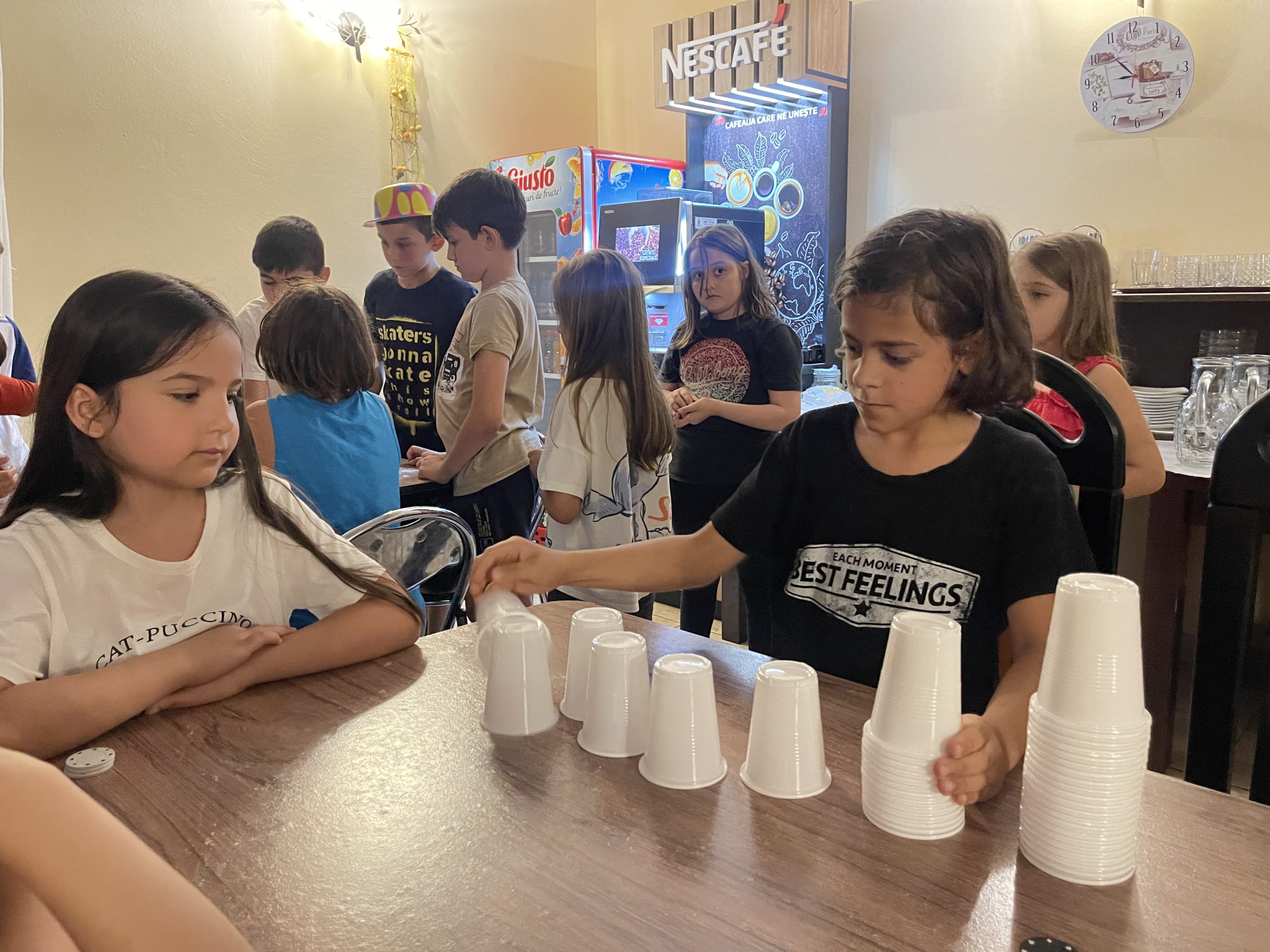
Play and play in summer camps
Summer camps are not only about structured activities, workshops and planned activities, but also give children a valuable opportunity to play unstructured, with each other, outdoors, at their own pace, more dynamically or more statically. Play is an essential aspect of a child's development, fostering creativity, social skills and overall well-being. When children play they train their creativity, socialize, increase their emotional intelligence and solve problems.
Creativity has no limits!
Play is a natural aspect of children's lives and an easy way for them to express their creative ideas. In a summer camp setting, unstructured playtime allows children to explore their imaginations, explore new ideas, and experience different forms of self-expression. Whether it's dramatic play, art, sports, dance and music, or building projects, the freedom to play at summer camps encourages children to think out of the box and develop their unique creative skills.
Socio-emotional development
Play is a fundamental tool for children to develop crucial social and emotional skills. In summer camps, where children interact with peers from diverse backgrounds, play provides a platform for building relationships, practicing communication, and understanding others' perspectives. Through collaborative play, children learn to negotiate, compromise and solve problems together, encouraging teamwork and empathy. These valuable social skills acquired through play extend beyond the camp environment, benefiting children in their everyday lives.

Physical activity and health
Summer camps provide countless contexts for active play, allowing children to engage in physical activities that promote health and well-being. From sports and outdoor adventures to swimming and exploring nature, play at summer camps encourages kids to be physically active, boosting their energy levels and improving their overall fitness. Active play also helps develop motor skills, coordination and spatial awareness, laying the foundations for a healthy and active lifestyle.
Sport and well-being
Play provides a much-needed respite from the pressures and demands of everyday life. At summer camps, where children often experience new environments and routines, play serves as a natural stress reliever. It allows children to relax, have fun and experience a sense of freedom and relaxation. Playful activities such as games, arts and crafts, or simply exploring nature provide a therapeutic escape, promoting children's mental well-being and resilience.
Lifelong learning
Contrary to popular belief, play is not just about free time. It is a powerful vehicle for learning and cognitive development. In summer camps, play facilitates experiential learning, allowing children to explore their interests, ask questions and discover new things in a hands-on way. Whether they're experimenting with science projects, engaging in imaginative play, or participating in team-building games, kids learn important life skills, problem-solving strategies, and critical thinking through play, fostering a love of lifelong learning.
In the dynamism of a summer camp program, play holds immeasurable value. It stimulates creativity, fosters social and emotional development, promotes physical health, reduces stress and fuels lifelong learning. As parents and camp organizers, it is essential that we embrace and encourage the importance of play in summer camps. By providing unstructured playtime, incorporating play-based activities and creating a supportive environment, we can unlock children's full growth potential, ensuring their summer camp experience is truly transformative and enriching.

